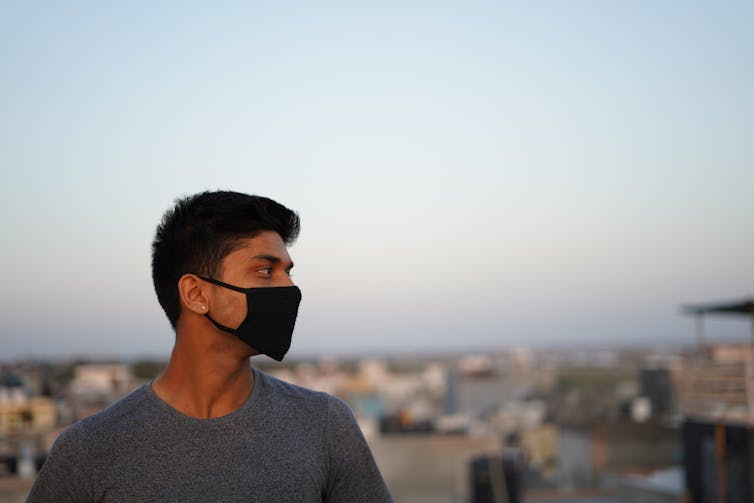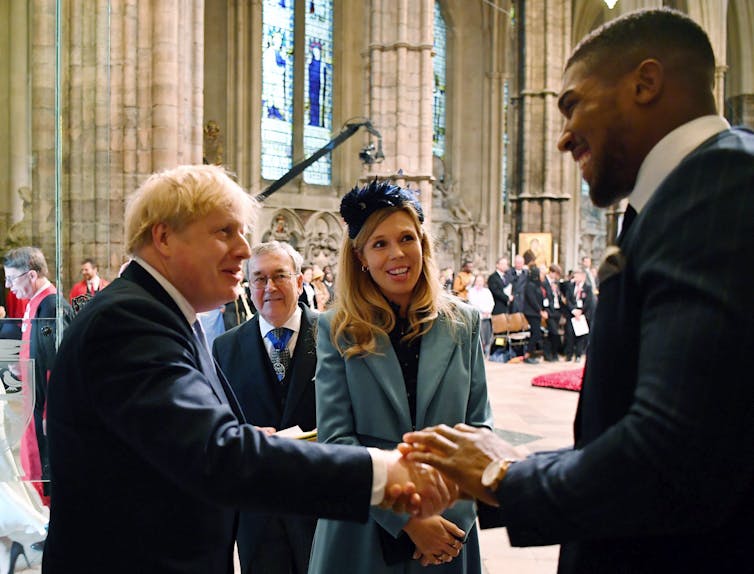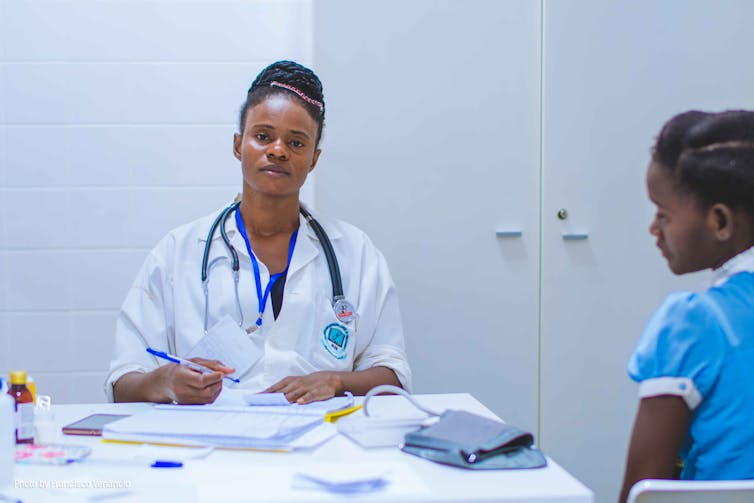Coronavirus is not the 'great equalizer' – race matters: U of T expert

Published: April 8, 2020
One of the first stories to use race-based data to talk about the risk that Black communities face because of COVID-19 came on March 30 from . The article said Black residents in Mecklenburg County, in Charlotte, N.C., accounted for 43.9 per cent of the 303 confirmed COVID-19 cases locally, but Black residents make up only 32.9 per cent of the county’s population.
More recently, the non-profit investigative journalism site ProPublica published a story on April 3 based on early data that shows “.”
Indigenous communities globally have also been speaking about .
The fear and mistrust of health systems expressed by many in Black, Indigenous and racialized communities . These communities have experienced systemic racist violence for generations. They have recently experienced and historically, other health crises.

I have worked for over 25 years in community health and as a health scholar. I have worked with survivors of trauma who have experienced colonial violence. I am concerned how anti-Black racism, anti-Indigenous racism and other forms of intersectional violence will impact the health of our communities during this crisis.
Based on my research, I believe that the actions and omissions of world leaders in charge of fighting the will reveal historical and current impacts of colonial violence and among African, Indigenous, racialized and marginalized folks.
Recently, I have had discussions about COVID-19 with family, friends and colleagues globally about the .
The question often asked is: How will we navigate health systems that ? We are talking about those who, like us, live with intersectional social locations, such as race, Indigeneity, age, (dis)ability, gender/gender identity, sexual orientation, refugee status, class and religion. Will these social factors play an role in health-care workers’ decisions?
Racism impacts your health
Canadian Prime Minister Justin Trudeau has said: “.” This sounds good in a speech, but how will it be practised in a system that ?
African and Indigenous folks encounter racist health systems that . To add to this, , as money is needed to support social distancing, pay bills, buy food supplies and hand sanitizer.
History tells us these disparities .
Ignored warnings
Many government leaders , and . Did racism impact the way some leaders initially responded to the virus – both in their response to China and to the African leader of the World Health Organization (WHO)?
On Feb. 11, Tedros Adhanom Ghebreyesus, the director-general of WHO, warned the world that COVID-19 is “public enemy No. 1.” He advised countries to . Instead, many national leaders and media outlets .

On March 11, Tedros told nations to prepare for the onslaught of a . Although those in medical communities understood his warnings, many leaders of nations did not initially heed that advice. Tedros said he was concerned by “.”
°äłóľ±˛Ô˛ąâ€™s and were not heeded by many governments until and were being devastated.
The focus on °äłóľ±˛Ô˛ąâ€™s “,” instead of their warnings and losses, mirrors similar world crises where .
One example is the world’s lack of action on . The lack of support to and Iran .
How we see disease
Race plays a part in how we see diseases. How will the local and global responses to COVID-19 impact , , ?
against globally have been heightened by Trump’s consistent labelling of COVID-19 as the “.” These reactions evoke memories of . Those diseases were initially seen as .
Other infections like Zika, chikungunya and malaria
In response to anti-Asian racism in the current pandemic, Asian, Latin-American and Black U.S. leaders came together to .
Racialized front-line workers
Medical personnel like nurses and doctors are on the front lines of this health tsunami, along with . But health care in the West comes with distinct racialized hierarchies.
African and Indigenous workers in health care are not often found in roles of power or decision-making roles. In fact, and and .

As a result of colonial violence, African, Indigenous and racialized folks are disproportionately , , , , , and .
As well, others are dealing with health violence because they are also , , or such as people living with .
Myth of immunity
There is an online rumour that . This comes directly from earlier pandemics. During the Spanish flu pandemic of 1918, .
Meanwhile, Black folks’ health in the U.S. and globally continue to be inflicted . The of racism and health violence are insidious. We are all .
If we are to truly survive this global pandemic as a global community, we must drastically de-colonize and change our health ideologies and practices.![]()
is an assistant professor, teaching stream, of social and behavioural health science at the s Dalla Lana School of Public Health.
This article is republished from under a Creative Commons license. Read the .



